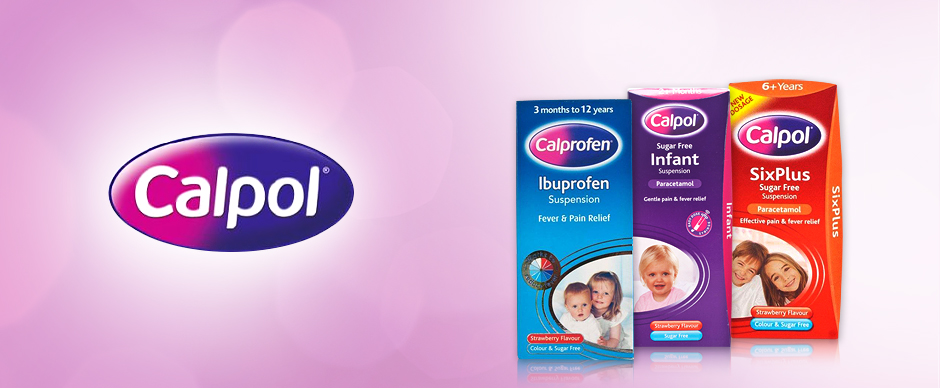
About a Fever
When your child suffers from a fever, it can be a sign that his body is fighting an infection. A normal temperature is between 36 to 36.8°C (96.8 to 98.24°F) and any temperature above 38°C in children is classed as a fever.
Causes of fever can include ear infections, flu, common childhood diseases (e.g. measles, mumps and chickenpox) and immunisations (see post-immunisation fever). Sometimes if a young child is overdressed and in a hot environment this could also lead to a high temperature as they are unable to regulate their own body temperature.
A quick way to take your child's temperature is to use a digital ear thermometer, such as the Calpol Digital Ear Thermometer, which can take a fast and accurate temperature reading from the ear.
Treating the symptoms:
You can treat most symptoms of fever at home with infant paracetamol such as Calpol Infant Suspension which is suitable for infants from 2 months weighing more than 4kg and not premature. If your baby is older than 3 months and weighs more than 5kg, you could try Calprofen Ibuprofen Suspension which starts to work on fever in just 15 minutes and lasts up to 8 hours.
You should contact your GP or take your child to the hospital immediately if you notice any of the following symptoms: unusual rash, headache, neck stiffness, difficulty breathing or if your child is usually sleepy or won't take fluids.
If your child is between 6 months and 6 years, they may experience febrile convulsions (fits) as a result of an illness which has caused a temperature of over 39°C. These will look similar to an epileptic fit and can be very worrying for parents. If your child experiences these fits then seek medical advice immediately. If they last for more than 4-5 minutes, you should call 999 for an ambulance.
This is for background information only. If you are at all concerned or in any doubt contact your GP.

